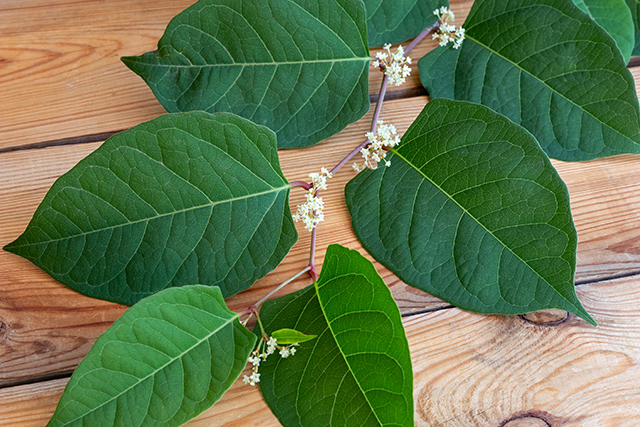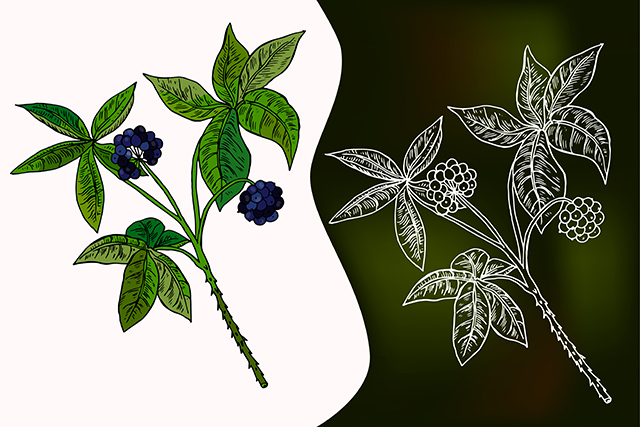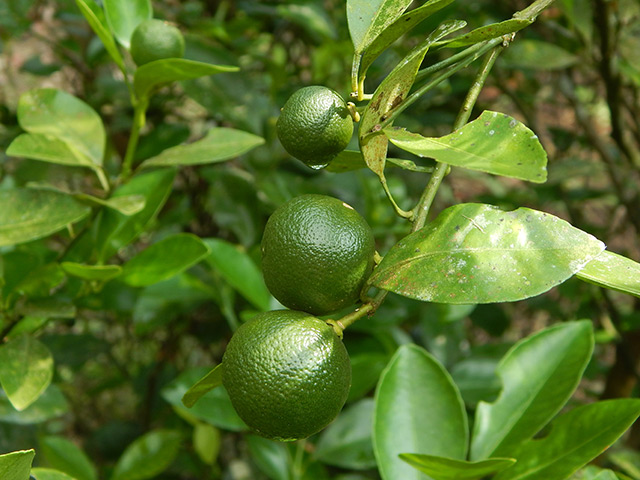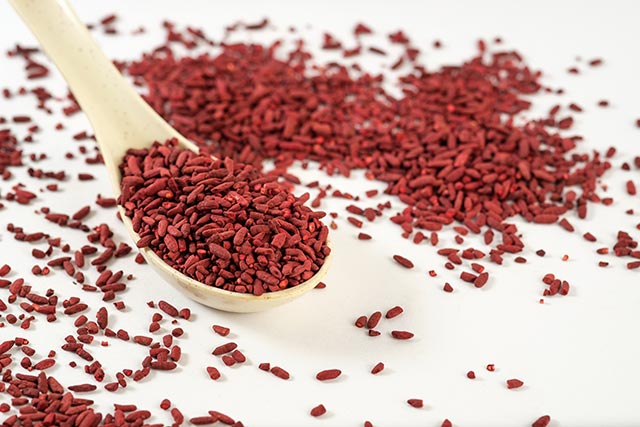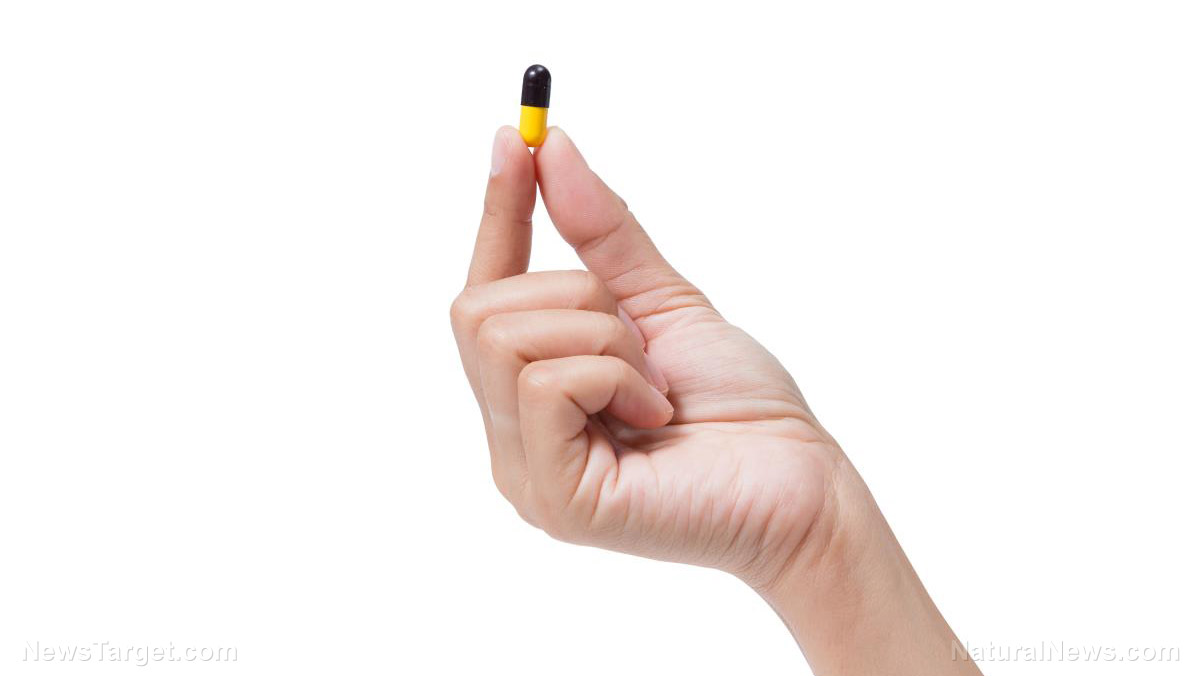Acidic polysaccharide of Panax ginseng found to have protective effects against autoimmune encephalomyelitis
06/27/2019 / By Evangelyn Rodriguez

In this study, researchers from Jeju National University in South Korea continued their previous study on the therapeutic capacity of an acidic polysaccharide of Panax ginseng (APG) using a murine model of relapsing-remitting experimental autoimmune encephalomyelitis (rr-EAE). The results of their study were published in The American Journal of Chinese Medicine.
- EAE bears pathological and clinical similarities to human multiple sclerosis (MS). It is used as a murine model to test potential therapeutic agents for MS.
- In their previous study, the researchers reported the protective effects of APG in C57BL/6 strain-dependent EAE, a model of primary progressive MS.
- For this study, they used rr-EAE, an animal model that closely mimics recurrent inflammatory demyelination lesions of relapsing-remitting MS.
- They reported that APG treatment significantly reduced clinical symptoms and the relapse rate of EAE compared with vehicle treatments.
- They performed a histological examination and found that APG markedly modulated the infiltration of CD4+ T cells and CD11b+ macrophages into the spinal cord.
- They also found that the APG-treated central nervous system (CNS) was devoid of demyelination and axonal damages.
- In addition, the researchers reported that APG decreased the proliferation of peripheral PLP-reactive T cells and the production of pro-inflammatory factors, such as IFN-gamma, IL-17, and TNF-alpha.
- They noted that the ability of APG to induce clinically beneficial effects to distinct types of EAE furthers understanding on the basis of its immunosuppression in EAE and, possibly, in MS.
Based on their findings, the researchers concluded that APG can serve as a new therapeutic agent for MS and other human autoimmune diseases, and it should be further evaluated for its therapeutic application.
Journal Reference:
Bing SJ, Ha D, Hwang I, Park E, Ahn G, Song JY, Jee Y. PROTECTIVE EFFECTS ON CENTRAL NERVOUS SYSTEM BY ACIDIC POLYSACCHARIDE OF PANAX GINSENG IN RELAPSE-REMITTING EXPERIMENTAL AUTOIMMUNE ENCEPHALOMYELITIS-INDUCED SJL/J MICE. The American Journal of Chinese Medicine. 2016;44(06):1099–1110. DOI: 10.1142/s0192415x16500610
Tagged Under: acidic polysaccharide, alternative medicine, Asian ginseng, autoimmune disease, autoimmune encephalomyelitis, brain function, brain health, central nervous system, disease treatments, herbal medicine, Herbs, immune system, immunosuppression, inflammation, inflammatory cytokines, multiple sclerosis, natural cures, natural medicine, nerve damage, Panax ginseng, prevention, pro-inflammatory factors, remedies, research, TCM, traditional Chinese medicine
RECENT NEWS & ARTICLES
COPYRIGHT © 2017 RESEARCH NEWS




